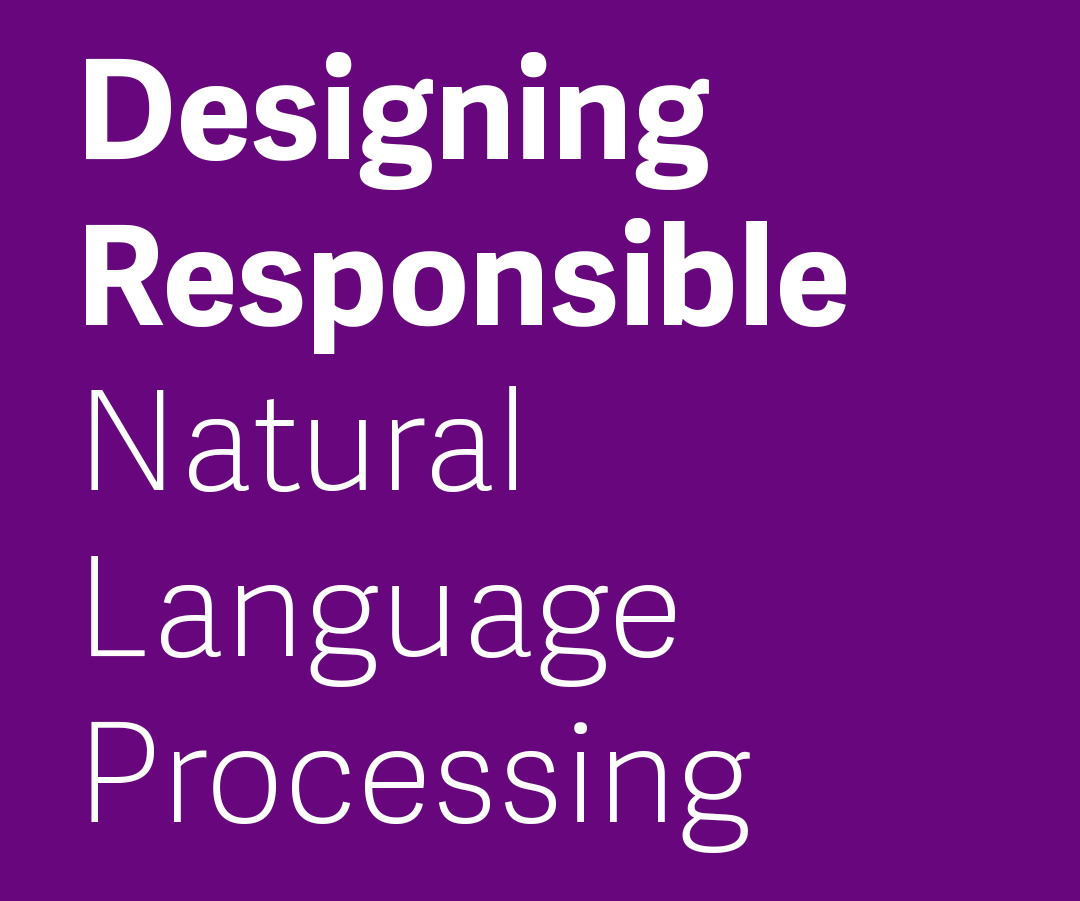Frequently Asked Questions
Do I need a background in a technical discipline or programming skills to be successful in this CDT?
No, not at all. The CDT and its training programme is open to applicants from backgrounds across a wide range of disciplines and there is no requirement to be able to program or code. There will be opportunities for students who wish to develop such skills to do so. However, the CDT is underpinned by the idea that the development of responsible and trustworthy NLP based systems requires more than technical expertise, but skills related to design, social science, law, psychology, language science and more – and, most importantly, the breaking down of barriers to collaboration across these areas of expertise. As such we wish to emphasise how we are looking for diverse expertise in our cohorts, and will be creating a training experience that enables collaboration across different expertise areas and skillsets rather than forcing all students to have the same skillsets.
Do I need to identify a supervisor for my application?
Of course you can contact potential supervisors before you make an applications – but you do not need to have identified and confirmed support from a supervisor at application stage. Instead, as part of your application we recommend you take a look at the list of supervisors on the website, and look at some of their expertise and their research interests. Then, as part of your application, we request that you list at least two potential supervisors (up to a maximum of five). We will invite these potential supervisors to take a look at your application, and some will sit on the interview panel should you be invited to that stage of the recruitment process.
If I am successful in my application, how will I be allocated a team of supervisors?
As part of your application you will suggest up to five potential supervisors that might be appropriate to supervise your studies, and it is very likely one of these will become your principal supervisor prior to starting the PhD. During the first year of your training, we will have three courses – one on research methods, one where you will conduct a group project, and one where you will conduct an individual project – which will give you opportunities to meet other potential supervisors. The CDT management team will also be regularly meeting with you to discuss how your training is going, to develop your personal training needs plan, and to identify additional expertise or experience you need on your supervision team. Through these courses and meetings, by the end of Year 1, all CDT students should have at least two supervisors that have different but complimentary areas of expertise and disciplinary backgrounds.
Do I need to submit a well developed research proposal as part of my application?
No, you do not. As noted on our application documents page, you need to submit several documents, including a Statement of Intent and a Statement of Alignment with the CDT. These documents are instead of a traditional research proposal. The Statement of Alignment is especially important here, as we are going to be assessing applicants more on the basis of their alignment to the skills domains, themes and ethos of the CDT than purely based on a research plan. We have tried to share some of our thinking on this in the what we’re looking for page.
What if I don’t already have an interdisciplinary background? Will you train me in this?
There is no requirement for students to come from an interdisciplinary background – indeed it is very rare to find people who have experienced training across different disciplines during their undergraduate or master’s degrees! You will be supported in both (i) collaborating with students from different disciplinary backgrounds to your own and (ii) in engaging with the knowledge and methods from relevant other disciplines as part of your training. We will have several core courses in the training programme that will support you in this. This includes a year-long research methods course where you will have seminars, talks and workshops with researchers from different disciplines, an individual project course where you will get the experience of working with a supervisor from a different discipline to yours, and an applied interdisciplinary project where you will collaborate with other students in a team.
I’ve already submitted a PhD application to one of the schools/departments standard PhD programmes, what should I do? Can I reuse the same proposal?
We welcome applications from students even if you have applied for a PhD elsewhere (including another PhD programme at the University of Edinburgh or School of Informatics). This also includes if you have an offer from another PhD programme. Just flag this when you make your application in your Statement of Intent. If you have applied for another programme at the University of Edinburgh this will be flagged to us automatically.
You can reuse material from different applications. However, keep in mind that we have specific requirements for our application documents that might differ substantially from more traditional PhD programme.
Is there a reading list for the CDT programme, or for the five skills domains?
As we discuss on the what we’re looking for page, one of the qualities we like to see from our PhD students, including at application stage, is an interest in cutting edge debates and discussions around responsible AI, trust in AI and NLP systems, and related areas. Therefore – we do not have a bibliography or reading list, as we like to encourage students to start to develop their own ones to demonstrate their interests and the depth and breadth of their knowledge.
